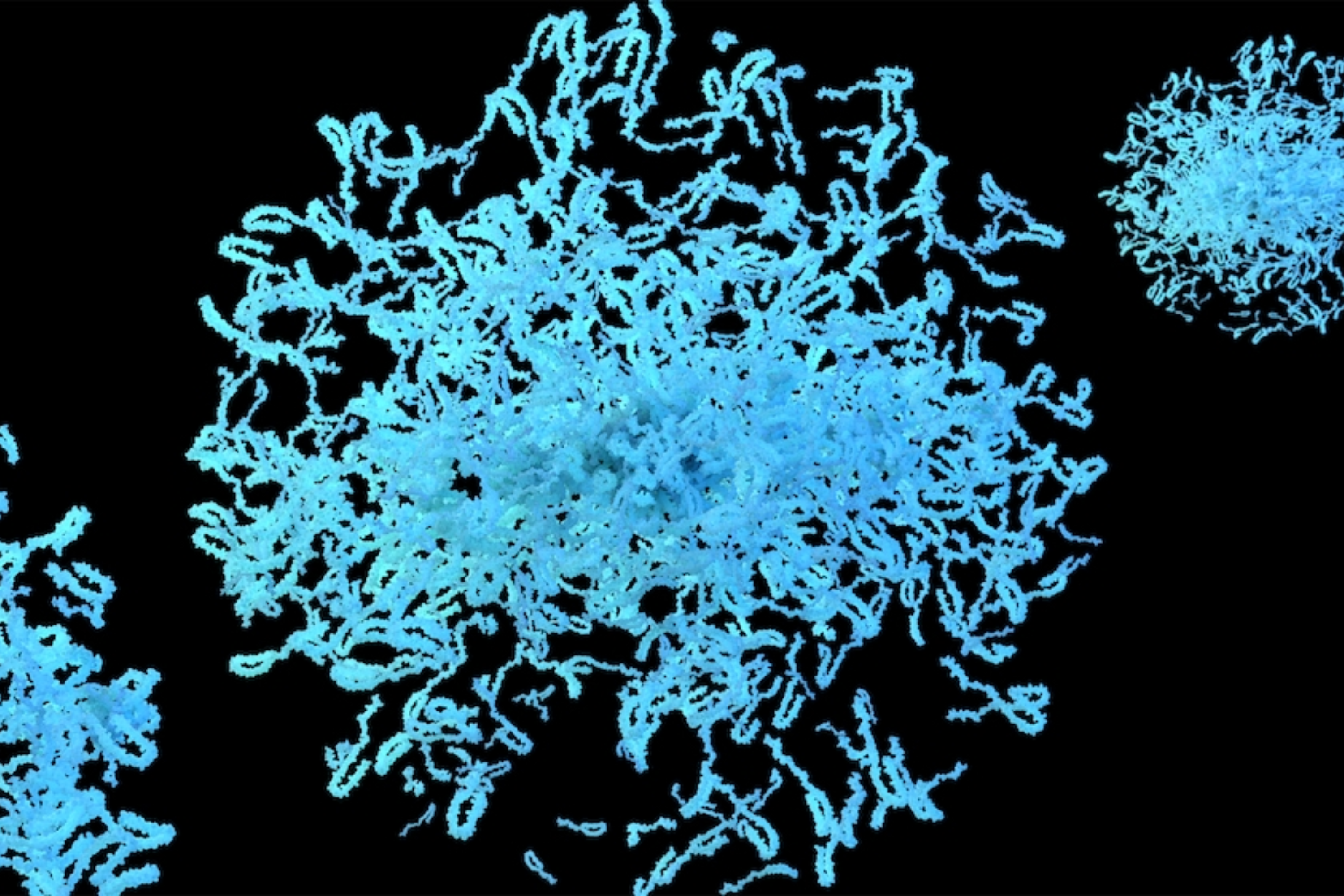
Currently, there is no cure or treatment available that can slow down the progression of Parkinson’s disease (PD), a condition expected to double in prevalence over the next 25 years, affecting more than 10 million people worldwide.
This relentlessly progressive disease has devastating consequences. Research has mostly focused on individuals with a clinical diagnosis of PD, which is contingent upon the presence of characteristic motor symptoms. The issue is that by the time these symptoms become apparent, up to 50% of the dopaminergic neurons—critical for movement—are already lost.
The disease is marked by a lengthy latent phase during which neurons are progressively lost. Various symptoms, both motor and non-motor, have been identified up to 10 years prior to diagnosis, in what is known as the prodromal phase. Understanding the molecular mechanisms underlying these clinical symptoms could pave the way for the development of neuroprotective treatments. However, such advancements can only be achieved by examining the period before a clinical diagnosis is made.
My group addresses key questions related to the prodromal phase, which could advance our ability to identify earlier biomarkers and targets for neuroprotective treatment. This multidisciplinary programme will leverage the expertise of various research groups within the Dementia Research Institute and Imperial’s Brain Science Department.
Key objectives and contact for lead
Key objectives
Our specific aims are to:
- Develop computational approaches to exploit the full potential of cohorts with detailed phenotypes.
- Stratify people with Parkinson’s, for which detailed phenotypes are described, by blood-based immune signatures.
- Perform bulk and single-cell multi-omic profiling and methylation blood profiling on a cohort of people with REM sleep behaviour disorder to identify biomarkers for the conversion to Parkinson’s disease.
- Develop user-friendly tools to explore different large genomic datasets.
Enquiries
Please address enquiries about this programme to:
Edmond J Safra Lecturer in Parkinson’s Disease
UKRI Future Leader Fellow
UK DRI Group Leader
Dr Cynthia Sandor
c.sandor@imperial.ac.uk

